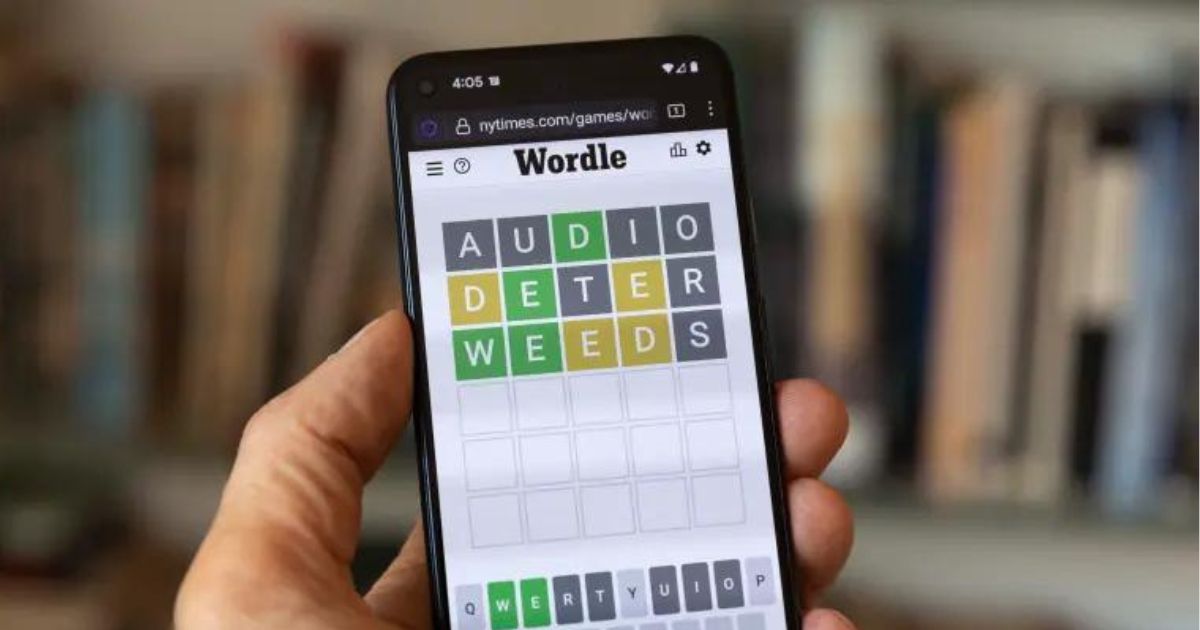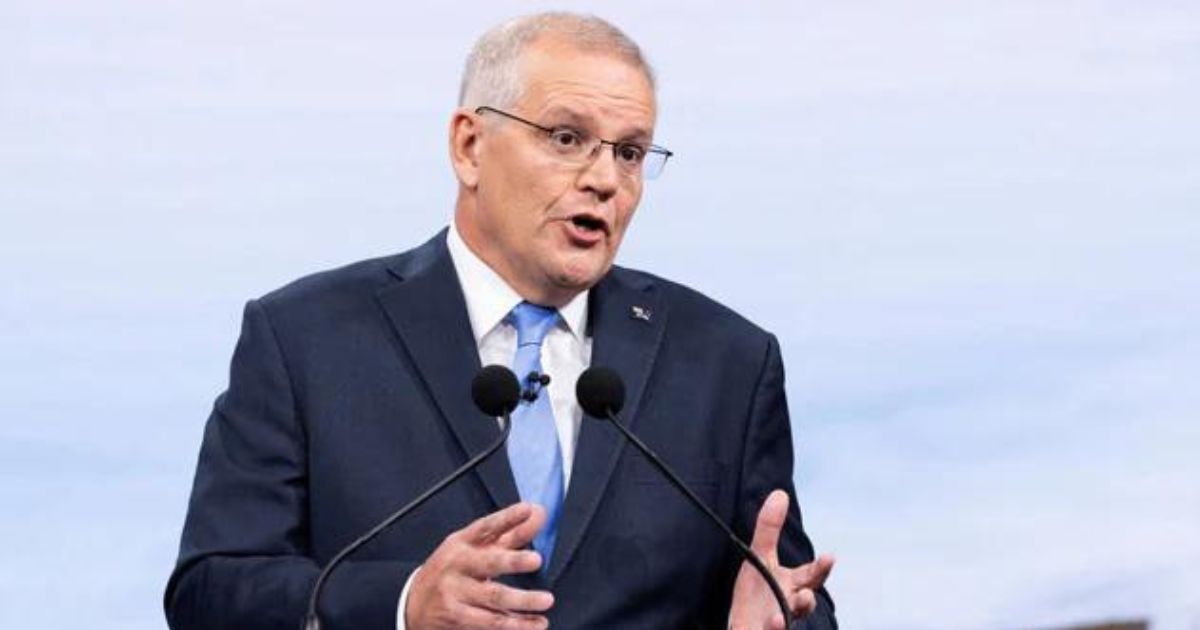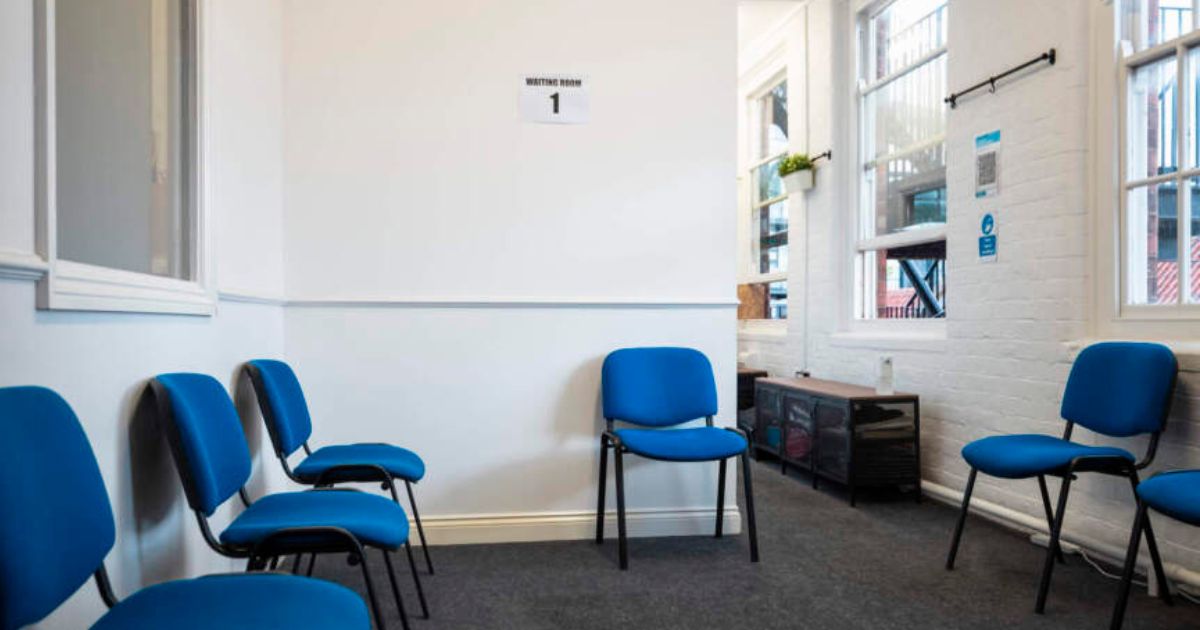In a significant move to address the severe mental health crisis in California, an alternative mental health court, known as the “CARE Court,” has garnered attention by receiving over 100 petitions within the first two months since its launch.
The program, initiated by California Governor Gavin Newsom, aims to fast-track individuals with untreated schizophrenia and other psychotic disorders into housing and medical care. This innovative approach is part of a broader effort to transform the state’s mental health system and combat the escalating homelessness crisis.
Details of the CARE Court Initiative:
The CARE Court, implemented in seven California counties initially and recently expanded to Los Angeles County, seeks to compel treatment for individuals with severe mental illnesses.
Dr. Mark Ghaly, the Secretary of the California Health and Human Services Agency, expressed optimism about the early results and emphasized that the number of referrals reflects the limited eligibility criteria. Currently, only individuals aged 18 and older with schizophrenia or related disorders qualify, excluding severe depression, bipolar disorder, or addiction alone.
The court process allows family members and first responders to file petitions on behalf of adults they believe are at risk without supervision due to deteriorating mental health.
The court reviews each petition to determine eligibility and invites the individual to participate in a voluntary plan that includes housing, medication, counseling, and other essential services. If agreement on a voluntary plan is not reached, the court has the authority to order the development of a plan.
Progress and Challenges:
While the program shows promise, its effectiveness is being closely monitored. Some cases have already entered the court process, with individuals actively working on their care plans.
However, others are still under review, and certain petitions have been dismissed. Critics express concerns about the potential coercive nature of the program, emphasizing the need for careful implementation to avoid unintended consequences.
Data on the specific number of petitions submitted in each county has not been provided, leaving room for future evaluations of the initiative’s regional impact. San Francisco, Orange, San Diego, Riverside, Stanislaus, Tuolumne, and Glenn counties launched the court on October 1, with Los Angeles County joining the program more recently. The remaining counties have until December 2024 to establish their mental health courts.
Diverse County Approaches:
Counties are adopting varied approaches to the implementation of CARE Court. San Diego County, for instance, is integrating the court with its conservatorship system, diverting individuals away from conservatorships. In contrast, Orange County is taking a community-oriented approach by moving the mental health court out of traditional courtrooms and into community spaces.
Reaction and Future Plans:
Dr. Ghaly expressed satisfaction with the level of engagement and partnership, highlighting the growing belief and optimism within the counties involved. The CARE Court initiative is seen as a crucial step in providing assistance to individuals with severe mental illnesses, many of whom are homeless.
California is home to over 171,000 homeless individuals, constituting about 30% of the nation’s homeless population.
Despite the positive outlook, concerns raised by groups like Disability Rights California highlight the importance of careful consideration and community engagement in the implementation process. The rushed nature of the program could potentially overlook critical aspects, leading to unintended consequences.
Governor Newsom’s Broader Mental Health Reform:
Governor Newsom’s commitment to addressing mental health issues goes beyond the CARE Court initiative. In October, he signed a law expanding the definition of “gravely disabled” to include those unable to provide basic needs due to untreated mental illness or substance use, facilitating authorities’ ability to compel treatment.
Additionally, Newsom is advocating for a comprehensive plan to reform the state’s mental health system, proposing changes in funding structures and allocating funds for new mental health treatment beds.
Conclusion:
As the CARE Court initiative unfolds, its impact on California’s mental health landscape will become clearer. The state’s commitment to addressing the root causes of homelessness and providing mental health support signifies a significant step toward a more compassionate and effective system.
Ongoing evaluation, collaboration, and community engagement will be essential to ensuring the success and ethical implementation of such transformative initiatives.








Leave a Reply
You must be logged in to post a comment.